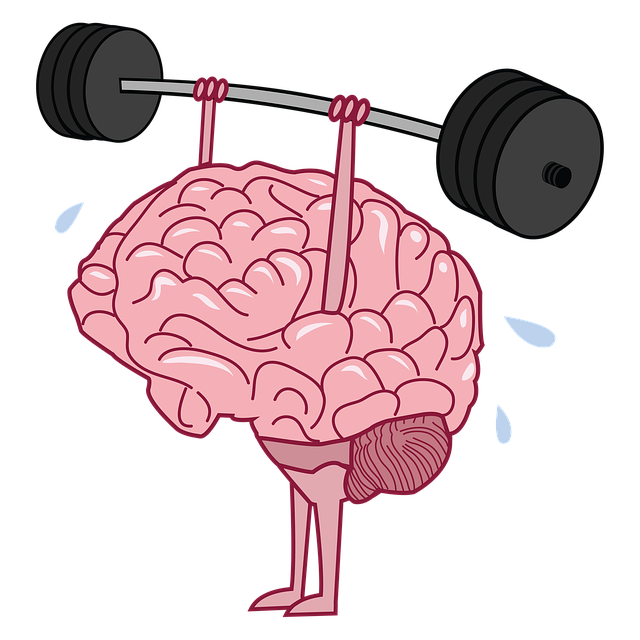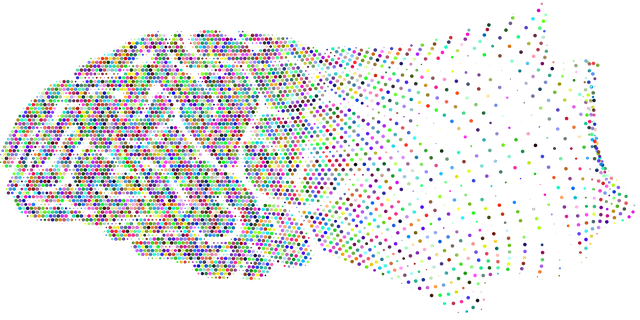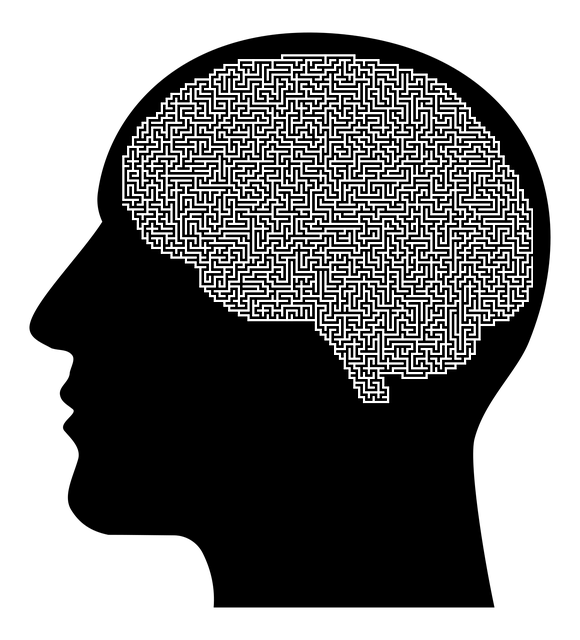Aurora Dissociative Disorder Therapy (ADDT) is a specialized treatment for dissociative disorders, focusing on managing anxiety and coping strategies through comprehensive evaluations and evidence-based techniques like mentalization-based therapy, EMDR, and social skills training. The approach prioritizes harm minimization by identifying risks, developing robust plans, enhancing communication, and promoting open dialogue to address client needs. Continuous assessment and adaptability are key to patient safety and positive outcomes in ADDT, ensuring tailored interventions that support both patients and healthcare providers.
Risk assessment and harm minimization planning are vital components of providing safe and effective Aurora Dissociative Disorder (ADDT) therapy. This comprehensive guide delves into crucial aspects, including identifying potential risks and harms specific to ADDT, developing robust harm minimization strategies, and implementing evidence-based risk assessment techniques in clinical settings. By continuously evaluating and adapting practices, therapists can ensure patient safety throughout the therapeutic journey.
- Understanding Aurora Dissociative Disorder Therapy: A Comprehensive Overview
- Identifying Risks and Potential Harms in Therapy
- Developing a Harm Minimization Plan: Strategies for Safe Practice
- Implementing Risk Assessment Techniques in Clinical Settings
- Continuous Evaluation and Adaptation: Ensuring Patient Safety Throughout Therapy
Understanding Aurora Dissociative Disorder Therapy: A Comprehensive Overview

Aurora Dissociative Disorder Therapy (ADDT) is a specialized treatment approach designed to help individuals grappling with dissociative disorders. This therapeutic method recognizes the unique challenges faced by those who experience dissociation, a complex mental state characterized by a disconnection from reality or one’s own thoughts and feelings. ADDT aims to facilitate inner strength development in patients by addressing the underlying causes of their condition.
The process involves comprehensive evaluations to understand the patient’s experiences, including any traumatic events that may have contributed to the disorder. Through techniques such as mentalization-based therapy, eye movement desensitization and reprocessing (EMDR), and social skills training, ADDT promotes anxiety relief and helps individuals develop healthier coping mechanisms. By engaging in this intensive therapy, patients can regain a sense of control and improve their overall well-being while learning to navigate the complexities of dissociative symptoms.
Identifying Risks and Potential Harms in Therapy

Identifying risks and potential harms is a critical step in Aurora Dissociative Disorder Therapy (ADDT). This process involves meticulously scrutinizing various aspects of a client’s life, including their history, current circumstances, and psychological state. By employing comprehensive assessment tools and engaging in open dialogue with the individual, therapists can uncover hidden dangers that may manifest as symptoms or exacerbate existing dissociative episodes. These risks could range from emotional triggers to environmental stressors, each requiring tailored interventions for effective harm minimization.
A key component of this phase is recognizing the unique challenges faced by individuals with dissociative disorders. For instance, they might struggle with identity fragmentation, memory gaps, and altered states of consciousness, all of which can heighten vulnerability. Crisis Intervention Guidance and Coping Skills Development play pivotal roles in empowering clients to navigate these complexities. Additionally, Mental Illness Stigma Reduction Efforts are essential to fostering a supportive environment, encouraging open communication, and promoting understanding, thereby enhancing the therapeutic process and outcomes.
Developing a Harm Minimization Plan: Strategies for Safe Practice

Developing a Harm Minimization Plan is an essential step in ensuring safe practice, particularly when addressing complex conditions like Aurora Dissociative Disorder Therapy. This strategy involves a multi-faceted approach to mitigate risks and promote positive outcomes for clients. One key strategy is implementing robust communication protocols, which can help reduce potential harm by fostering open dialogue and ensuring client needs are understood.
Additionally, integrating Burnout Prevention techniques within the therapy framework is crucial. Mental Health Policy Analysis and Advocacy play a vital role in shaping supportive environments that prevent professional exhaustion. Social Skills Training can also be beneficial, as it equips both clients and therapists with tools to navigate interactions more effectively, thereby minimizing adverse events. These strategies collectively contribute to a comprehensive harm minimization plan, enhancing the overall quality of care provided in Aurora Dissociative Disorder Therapy settings.
Implementing Risk Assessment Techniques in Clinical Settings

In clinical settings, implementing robust risk assessment techniques is paramount for ensuring patient safety and fostering a therapeutic environment, especially when treating conditions like Aurora Dissociative Disorder Therapy (ADDT). These assessments go beyond identifying potential risks; they involve a comprehensive analysis of various factors that could impact a patient’s mental wellness. Professional therapists are increasingly leveraging advanced communication strategies to engage patients in these risk assessment processes, enabling collaborative decision-making and personalized care plans.
Effective risk minimization planning builds upon these assessments by integrating specific interventions tailored to address identified vulnerabilities. This proactive approach not only mitigates potential harm but also supports the development of Mental Wellness Coaching Programs. By combining thorough risk assessment techniques with evidence-based communication strategies, healthcare providers can prevent burnout among both patients and themselves, fostering a more sustainable and successful treatment journey for all involved.
Continuous Evaluation and Adaptation: Ensuring Patient Safety Throughout Therapy

In the dynamic landscape of Aurora Dissociative Disorder Therapy (ADDT), continuous evaluation and adaptation are paramount to ensuring patient safety and fostering positive outcomes. The therapeutic journey is rarely a linear process; instead, it involves navigating complex emotional landscapes and helping patients integrate disparate experiences. Therefore, therapists must continually assess the effectiveness of interventions and adapt their strategies accordingly. This includes closely monitoring patients’ emotional regulation, as ADDT often leverages mind over matter principles to help individuals gain control over their mental wellness.
Regular reviews allow for subtle adjustments in treatment plans, ensuring that interventions remain aligned with the patient’s evolving needs. By embracing a flexible approach, therapists can address emerging challenges and capitalize on new insights, enhancing the overall therapeutic experience. This adaptive process is key to preventing potential harms and promoting safe, effective ADDT tailored to each patient’s unique journey towards mental well-being.
Aurora dissociative disorder therapy, while powerful, requires meticulous risk assessment and harm minimization planning. By understanding the potential risks, therapists can develop robust strategies using techniques like comprehensive evaluation and adaptive practices to ensure patient safety throughout treatment. This holistic approach not only mitigates harms but also enhances the efficacy of Aurora therapy, fostering a secure environment for individuals navigating dissociative disorders.














